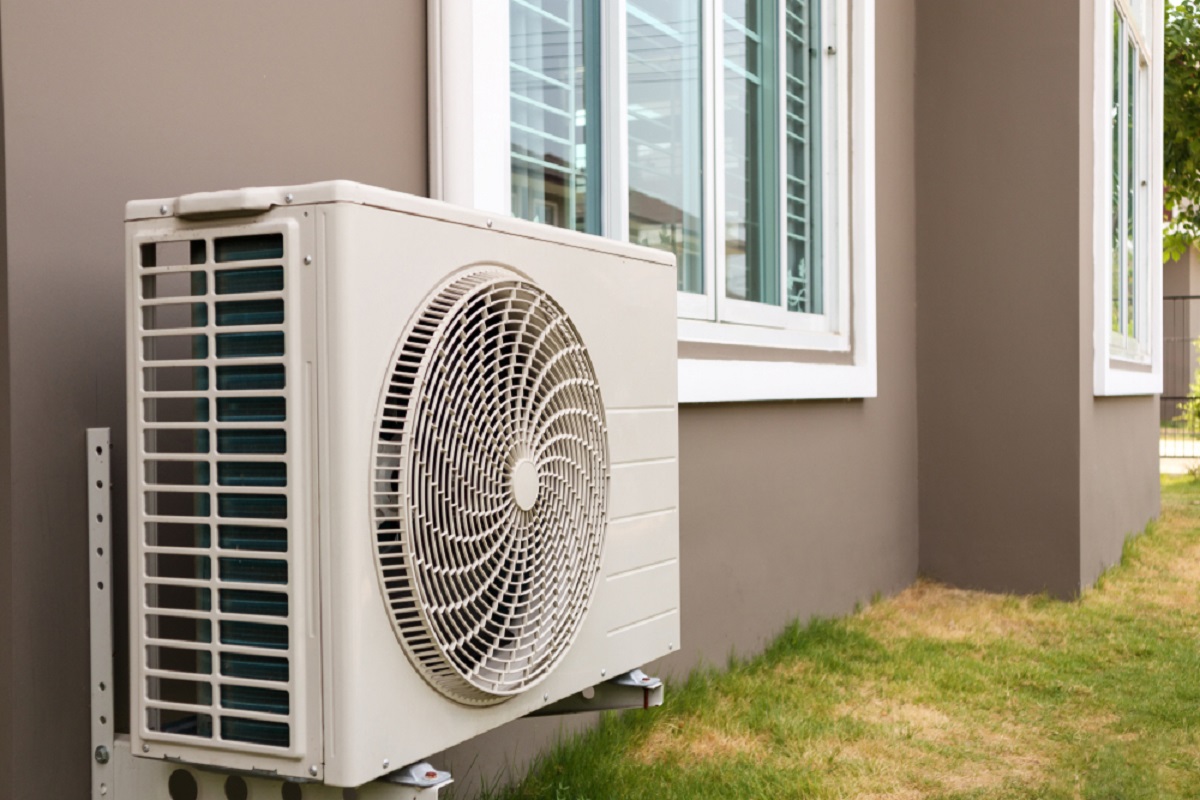

Articles
How Long Does An AC Unit Last In Florida
Modified: February 28, 2024
Discover how long an AC unit typically lasts in the Florida climate. Read our informative articles for insights and tips to prolong the lifespan of your cooling system.
(Many of the links in this article redirect to a specific reviewed product. Your purchase of these products through affiliate links helps to generate commission for Storables.com, at no extra cost. Learn more)
Introduction
Florida is known for its hot and humid climate, making air conditioning a necessity for most residents. The relentless heat can put a significant strain on AC units, leading to questions about their lifespan and durability in such conditions.
In this article, we will explore the factors that affect the lifespan of an AC unit in Florida, the average longevity of different types of AC units, signs that indicate it may be time for a replacement, and useful tips for extending the lifespan of your AC unit.
Understanding these aspects will help you make informed decisions about maintenance, repairs, and potential upgrades for your AC unit. So, let’s delve into the details and uncover how long an AC unit can last in the Sunshine State.
Key Takeaways:
- The lifespan of an AC unit in Florida is influenced by factors like installation quality, maintenance, climate, and type/brand. Regular servicing, prompt repairs, and proper usage are crucial for maximizing longevity.
- Signs that indicate the need for AC unit replacement include frequent repairs, inconsistent cooling, high energy bills, age of the unit, unusual noises, and poor indoor air quality. Consulting with a professional HVAC technician is essential for informed decisions.
Read more: How Long Does AC Unit Last
Factors Affecting the Lifespan of an AC Unit in Florida
Several factors can impact the lifespan of an AC unit in Florida’s climate. Understanding these factors can help you take appropriate measures to prolong the life of your cooling system. Here are the key factors:
- Quality of Installation: Proper installation is crucial for the efficient and long-lasting performance of an AC unit. A poorly installed unit may lead to frequent breakdowns and reduced lifespan. Therefore, it is essential to hire a professional HVAC technician who is experienced and knowledgeable in AC installation.
- Maintenance and Regular Servicing: Regular maintenance and servicing play a vital role in extending the lifespan of an AC unit. Regularly cleaning or changing air filters, inspecting and cleaning condenser coils, and checking refrigerant levels can ensure optimal performance and prevent unnecessary strain on the system.
- Climate and Usage: Florida’s hot and humid climate puts a heavy load on air conditioning systems. Units that are used more frequently, especially during summer months, may experience higher wear and tear. The frequency and duration of usage can impact the lifespan of the AC unit.
- Quality and Brand: The quality and brand of the AC unit also play a role in its longevity. Investing in a reputable brand with high-quality components can increase the lifespan of the system. A well-built unit is often designed to withstand the demands of Florida’s climate and provide reliable performance over an extended period.
- Proper Sizing: Having the right-sized AC unit for your space is essential for efficient cooling and longevity. An oversized unit may cycle on and off frequently, leading to increased wear and tear. On the other hand, an undersized unit may have to work harder to cool the space, resulting in premature failure.
- Power Surges and Electrical Issues: Electrical problems, such as power surges and voltage fluctuations, can damage the electrical components of an AC unit. Installing surge protectors and addressing any electrical issues promptly can help protect the system from potential damage.
While these factors can impact the lifespan of your AC unit, it’s important to note that proper maintenance and care can mitigate their effects. Regular servicing, attentive usage, and addressing any issues promptly can significantly extend the life of your cooling system.
Average Lifespan of Different Types of AC Units in Florida
The lifespan of an AC unit can vary depending on the type and model. Here are the average lifespans of different types of AC units commonly found in Florida:
- Central Air Conditioning: Central AC units are widely used in residential and commercial properties in Florida. With proper maintenance and regular servicing, a central AC unit can last anywhere between 12 to 15 years. However, factors such as usage, climate conditions, and the quality of installation and maintenance can affect its lifespan.
- Ductless Mini-Split Systems: Ductless mini-split systems are a popular choice for cooling individual rooms or zones. These units can last for 15 to 20 years if properly maintained. Regular cleaning of filters and coils, as well as annual servicing, can help maximize their lifespan.
- Window Air Conditioners: Window AC units are a more affordable and easily installed option for cooling smaller spaces. On average, they have a lifespan of around 10 to 15 years. However, proper maintenance and cleaning of filters are essential to ensure optimal performance and longevity.
- Portable Air Conditioners: Portable AC units are versatile and can be moved from room to room. They typically have a shorter lifespan compared to other types of AC units, lasting around 5 to 10 years. Regular maintenance and cleaning of filters and vents can help prolong their life.
- Heat Pumps: Heat pumps are commonly used for both cooling and heating purposes in Florida. With regular servicing and maintenance, a heat pump can last anywhere between 10 to 15 years. Proper care, including cleaning the coils and checking refrigerant levels, is essential for their longevity.
It is important to note that these are average lifespans. The actual lifespan of an AC unit can be influenced by various factors, such as usage, maintenance, and environmental conditions. Regular maintenance and servicing can greatly extend the lifespan of any AC unit, regardless of its type.
Regular maintenance and timely repairs can help extend the lifespan of an AC unit in Florida. Keep the coils clean, change filters regularly, and address any issues promptly to ensure optimal performance and longevity.
Signs that Your AC Unit may need Replacement
While AC units are built to withstand the rigors of Florida’s climate, there comes a point when repairs and maintenance can no longer keep them running efficiently. Here are some signs that indicate it may be time to consider replacing your AC unit:
- Frequent and Costly Repairs: If you find yourself constantly calling for repairs and the costs begin to add up, it may be more cost-effective to invest in a new AC unit. Continuously repairing an older unit can become a drain on your finances.
- Inconsistent Cooling: If your AC unit is struggling to maintain a consistent and comfortable indoor temperature, it may be a sign that it’s nearing the end of its lifespan. Uneven cooling throughout your home, hot spots, or weak airflow can indicate that the system is no longer able to perform efficiently.
- Increasing Energy Bills: As AC units age and become less efficient, they tend to consume more energy to cool your home. If you notice a significant increase in your energy bills despite regular usage, it may be a sign that your AC unit is no longer operating at optimal efficiency.
- Age of the Unit: On average, AC units have a lifespan of around 10 to 15 years. If your unit is reaching or exceeding this age, it is worth considering a replacement. Newer models are often more energy-efficient and offer improved performance compared to older units.
- Loud and Unusual Noises: Grinding, squealing, or rattling noises coming from your AC unit can indicate mechanical issues or worn-out components. These noises should not be ignored, as they could signal significant problems. Consulting with a professional HVAC technician can help determine if replacement is necessary.
- Poor Indoor Air Quality: An aging AC unit may struggle to effectively filter and purify the air in your home, leading to poor indoor air quality. If you notice an increase in dust, allergens, or musty odors, it may be time to replace your unit to improve the air quality and your overall comfort.
When considering whether to replace your AC unit, consult with a reputable HVAC professional who can assess your current system’s condition and provide recommendations based on your specific needs. They can help you determine if replacement is necessary or if repairs and maintenance can still extend the lifespan of your unit.
Tips for Extending the Lifespan of Your AC Unit in Florida
To maximize the lifespan of your AC unit in Florida’s challenging climate, follow these tips:
- Regular Maintenance: Schedule annual maintenance and servicing for your AC unit. This includes cleaning or replacing air filters, inspecting and cleaning condenser coils, checking refrigerant levels, and ensuring all components are in good working condition.
- Prompt Repairs: Address any issues or malfunctions with your AC unit promptly. Ignoring problems can lead to further damage and decrease the lifespan of the system. Contact a professional HVAC technician to diagnose and repair any issues.
- Optimal Thermostat Settings: Set your thermostat to an energy-efficient temperature. Avoid setting it too low, as this can put unnecessary strain on the system. Consider using programmable thermostats that allow you to adjust temperatures based on your schedule.
- Proper Insulation: Ensure your home is properly insulated to prevent conditioned air from escaping, reducing the workload on your AC unit. Proper insulation helps maintain cooler indoor temperatures and reduces energy consumption.
- Regularly Clean the Outdoor Unit: Keep the outdoor condenser unit clean and free from debris, such as leaves, dirt, and grass clippings. This helps to maintain adequate airflow and prevents the system from overheating.
- Use Ceiling Fans: Utilize ceiling fans to help circulate cool air throughout your home. This can help reduce the strain on your AC unit by allowing you to set the thermostat at a slightly higher temperature without sacrificing comfort.
- Shade the Outdoor Unit: Provide shading for the outdoor condenser unit by planting trees or installing a shade cover. This can help reduce the unit’s exposure to direct sunlight and improve its efficiency.
- Avoid Heat-Generating Appliances: Minimize the use of appliances that generate heat, such as ovens, dryers, and stoves, during the hottest parts of the day. This reduces the overall heat load in your home and eases the burden on your AC unit.
- Properly Size Your AC Unit: Ensure that the AC unit you install is properly sized for your space. An oversized or undersized unit can lead to inefficient operation and premature wear and tear. Seek the guidance of an HVAC professional to determine the correct size for your specific needs.
- Regularly Replace Air Filters: Keep your AC unit’s air filters clean and replace them regularly, according to the manufacturer’s recommendations. Clogged filters restrict airflow and put strain on the system, leading to decreased efficiency and potential damage.
By following these tips, you can extend the lifespan of your AC unit and ensure it operates efficiently throughout the hot and humid Florida climate. Remember that regular maintenance, prompt repairs, and proper usage are key to maximizing the longevity of your cooling system.
Read more: How Long Does An AC Compressor Last
Conclusion
In Florida’s hot and humid climate, the lifespan of an AC unit can be influenced by several factors. Factors such as the quality of installation, regular maintenance, climate conditions, and the type and brand of the unit can all impact how long your AC unit will last. However, with proper care and attention, you can extend its lifespan and enjoy the comfort of a cool home for years to come.
Regular maintenance and servicing are essential for ensuring that your AC unit operates efficiently and continues to perform at its best. Promptly addressing any repairs or issues can prevent further damage and extend the overall lifespan of the system.
Understanding the signs that indicate it’s time for a replacement is important. Frequent and costly repairs, inconsistent cooling, increasing energy bills, and the age of the unit are key factors to consider when evaluating whether a replacement is necessary. Consulting with a professional HVAC technician can help you make an informed decision based on your specific circumstances.
To maximize the lifespan of your AC unit, follow these tips: schedule regular maintenance, optimize thermostat settings, properly insulate your home, keep the outdoor unit clean and shaded, use ceiling fans, minimize heat-generating appliances, and properly size your AC unit to your space.
By implementing these strategies, you can keep your AC unit running efficiently, reduce energy consumption, and prolong its lifespan, ensuring comfortable indoor temperatures even during Florida’s hottest months.
Remember, regular care and attention are key to maintaining the longevity of your AC unit. Stay proactive and address any issues as they arise to enjoy the cool comfort of an efficient and reliable cooling system.
Frequently Asked Questions about How Long Does An AC Unit Last In Florida
Was this page helpful?
At Storables.com, we guarantee accurate and reliable information. Our content, validated by Expert Board Contributors, is crafted following stringent Editorial Policies. We're committed to providing you with well-researched, expert-backed insights for all your informational needs.
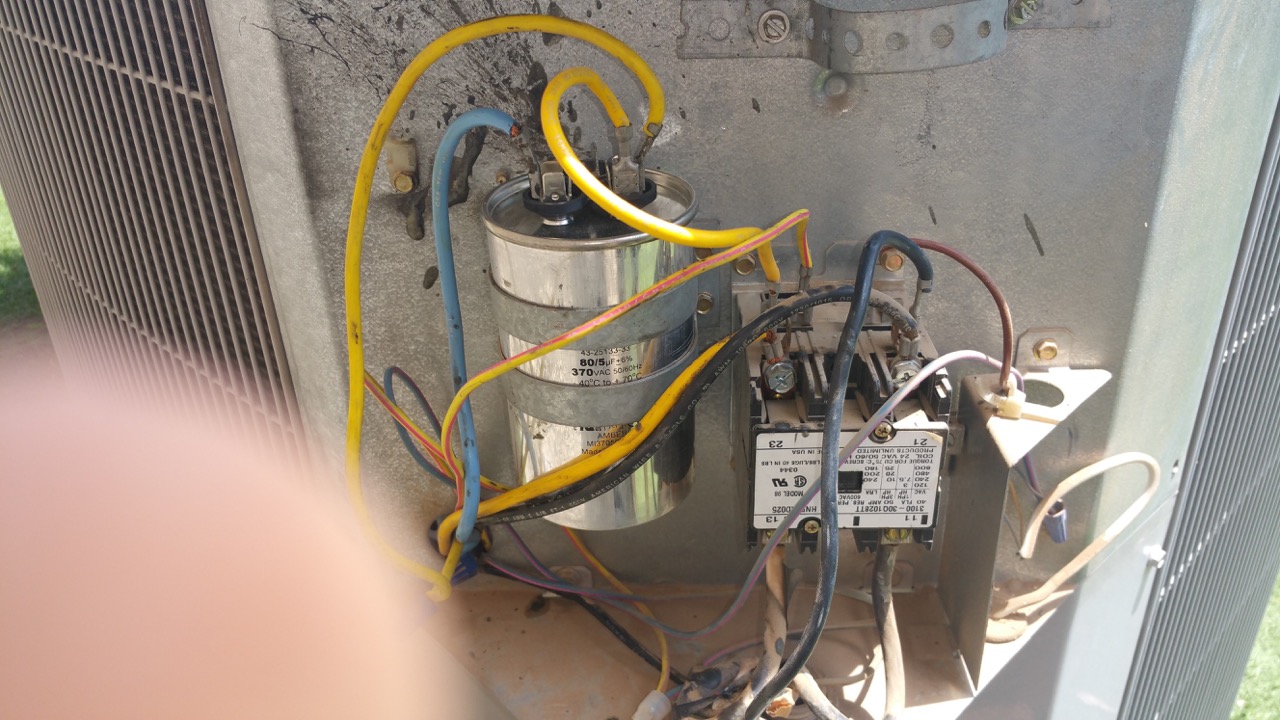

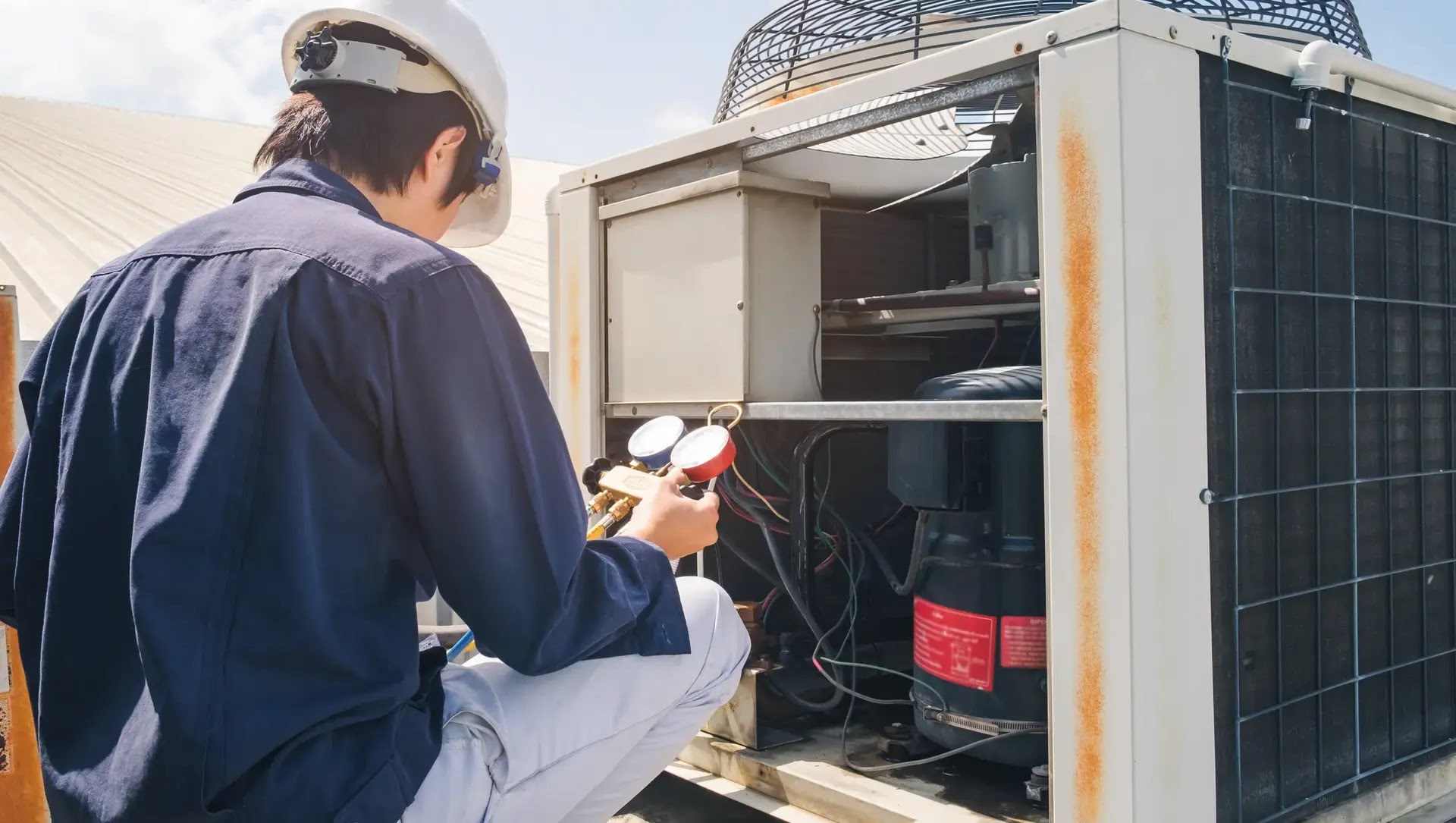

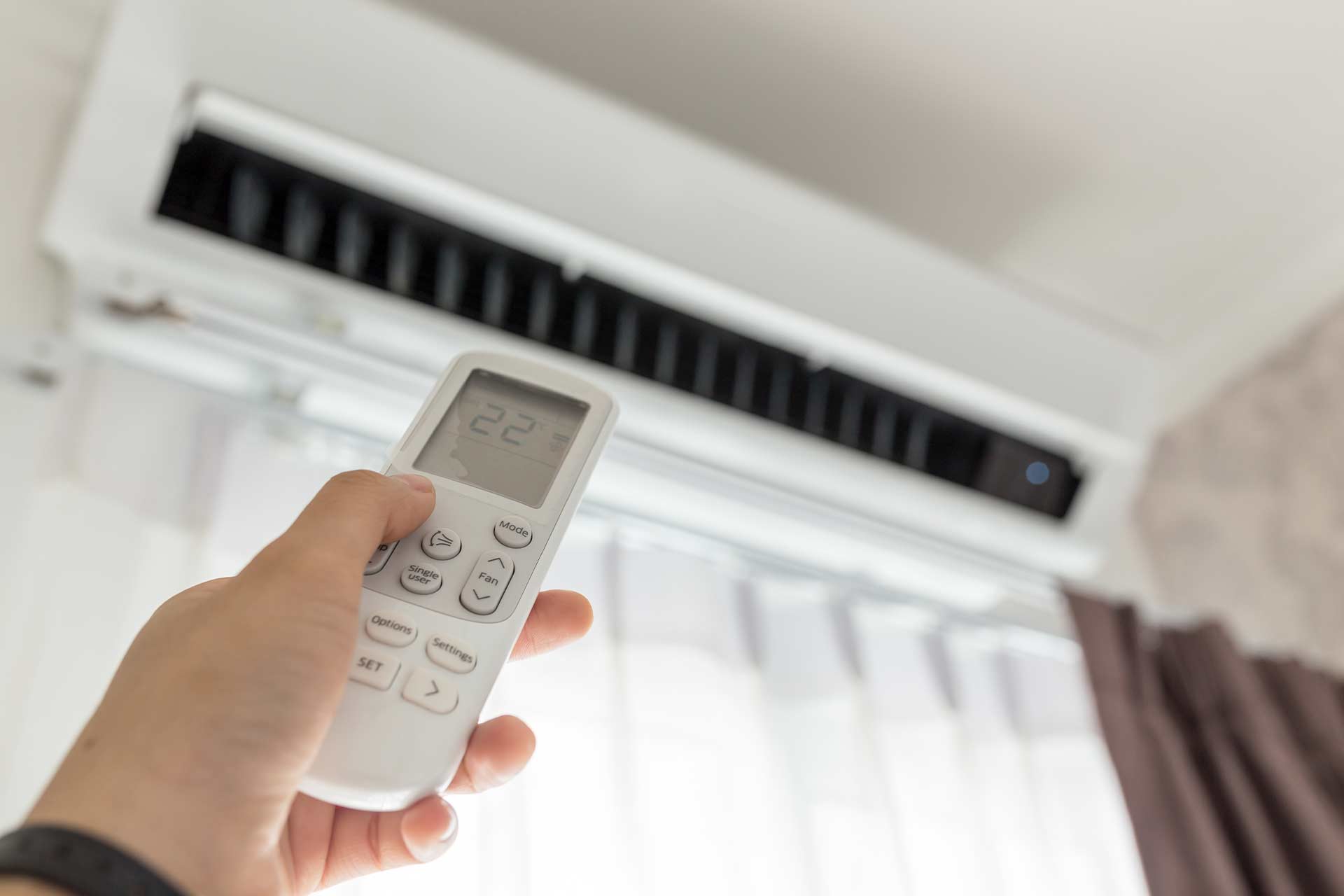
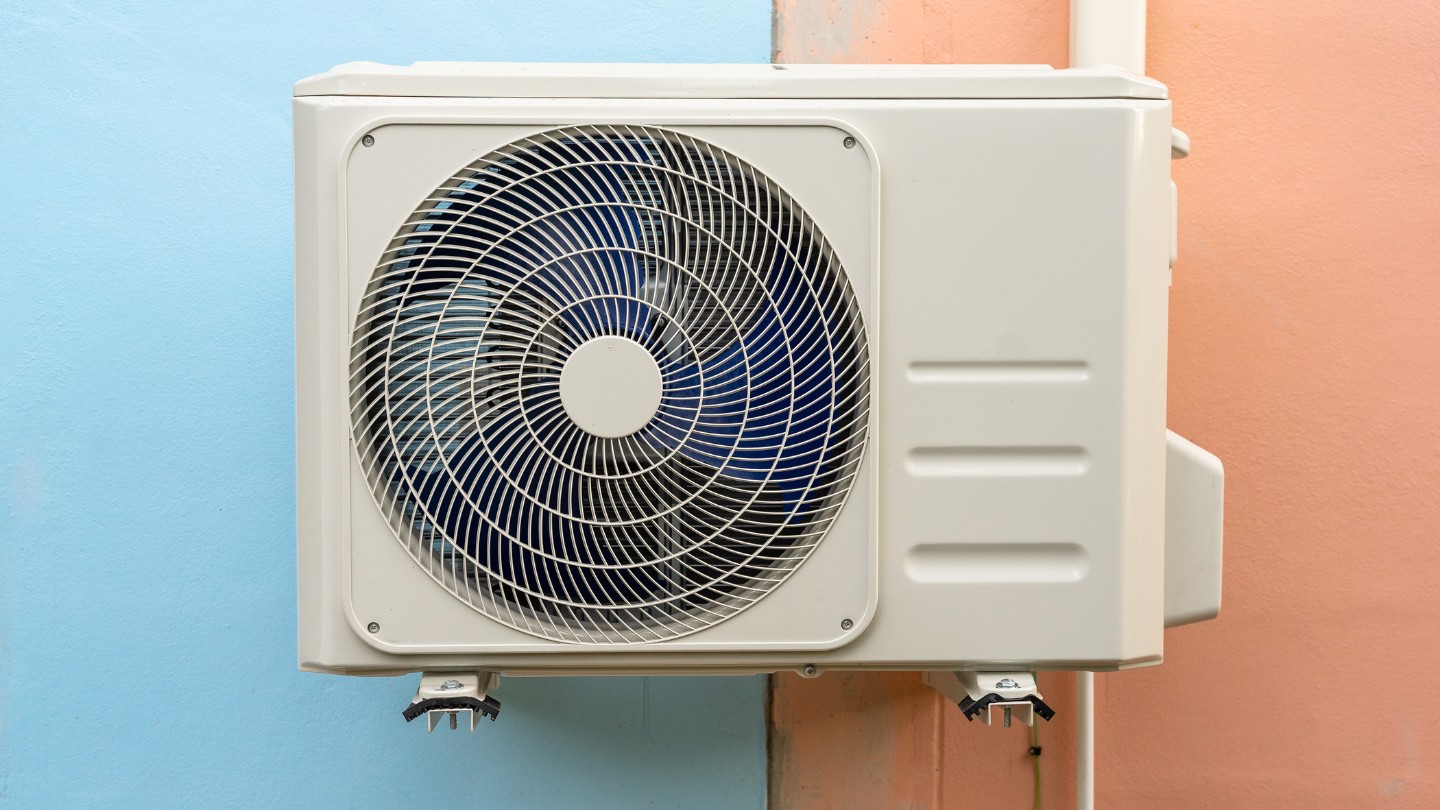
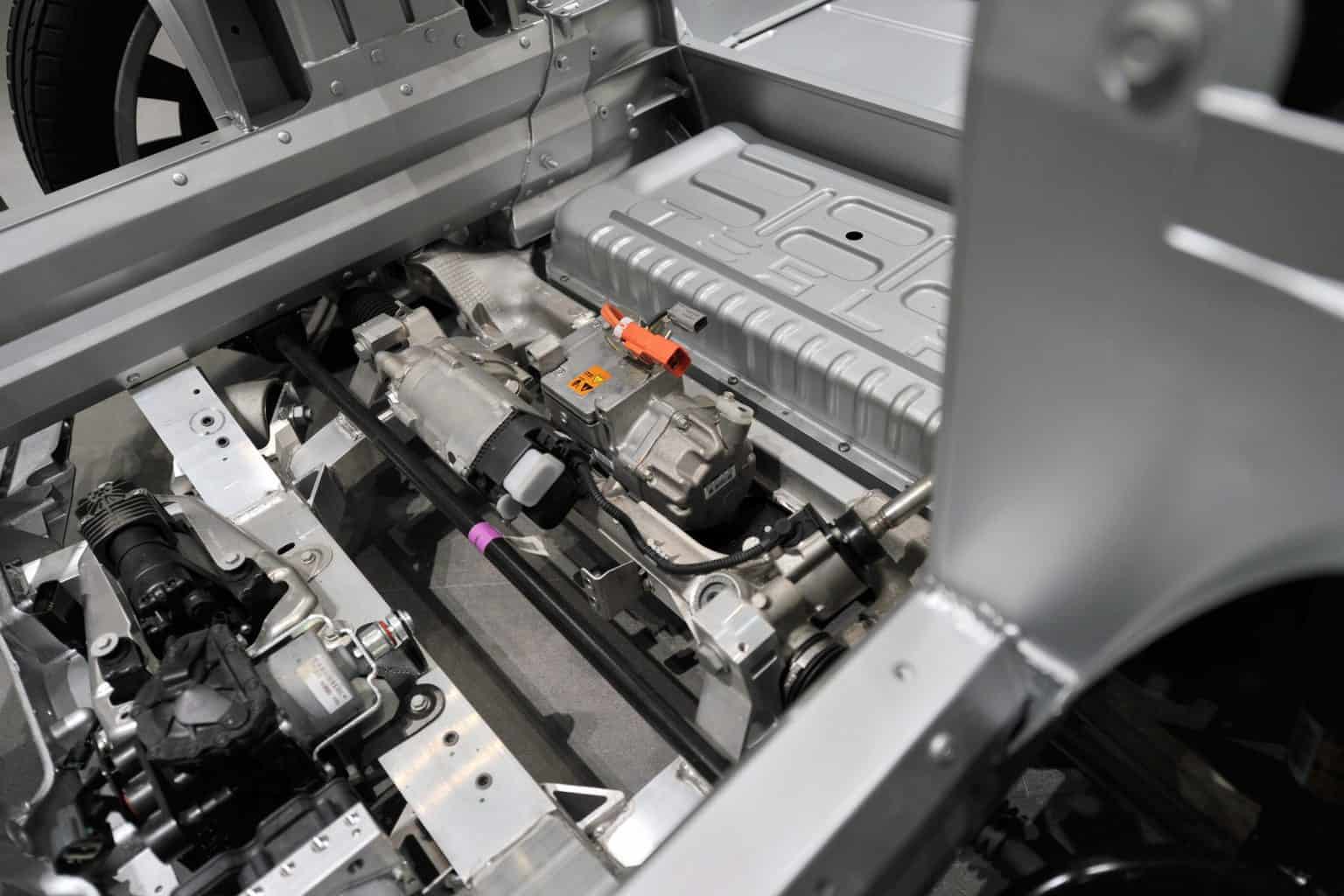
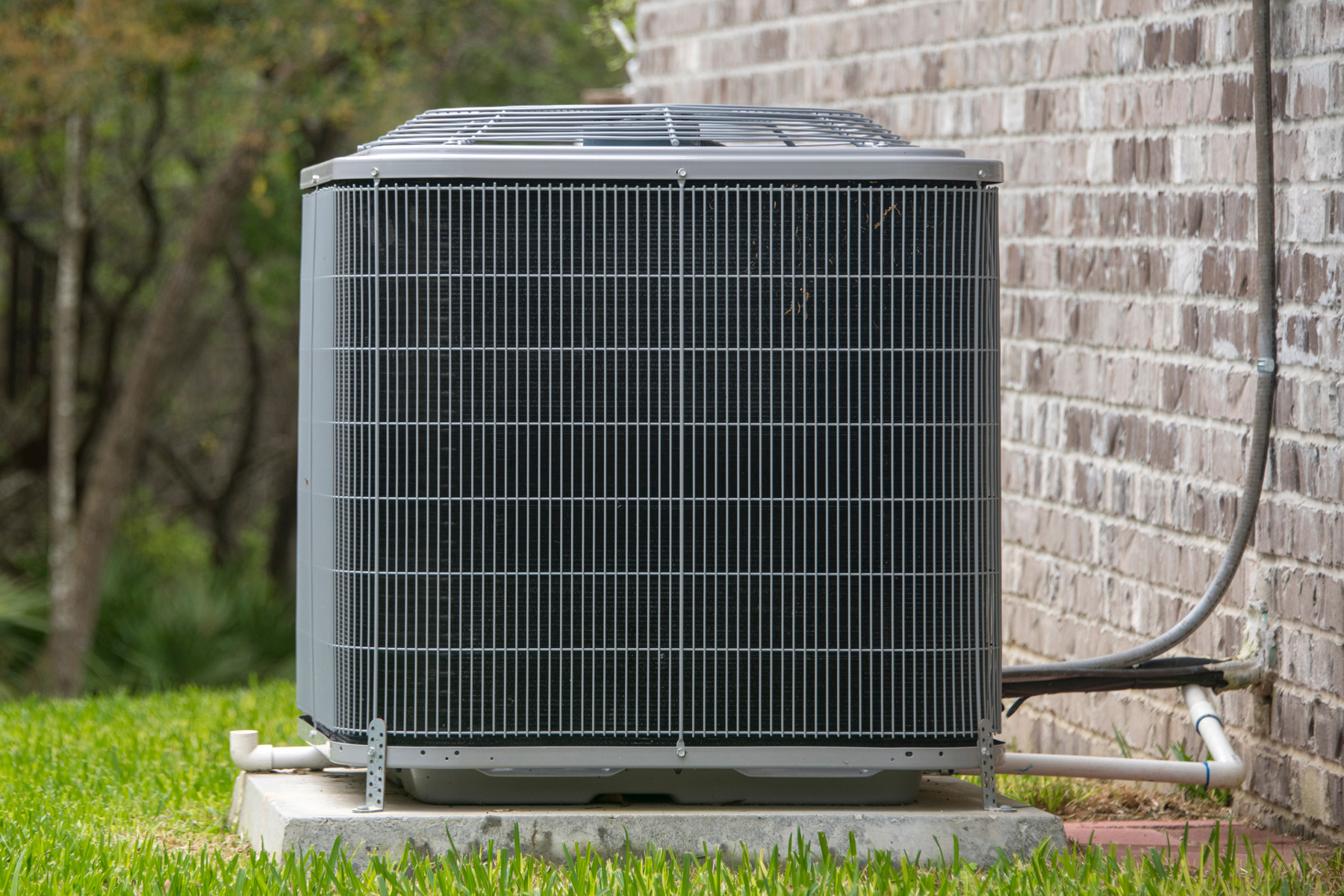
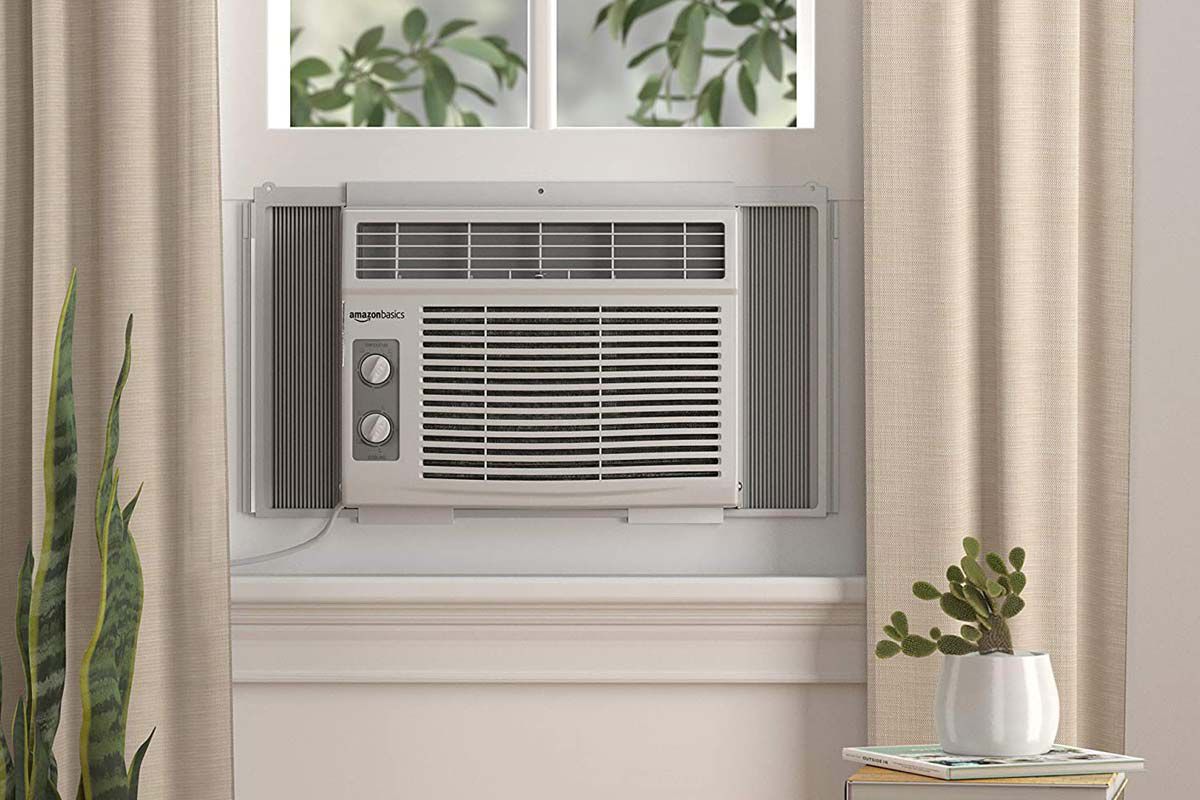
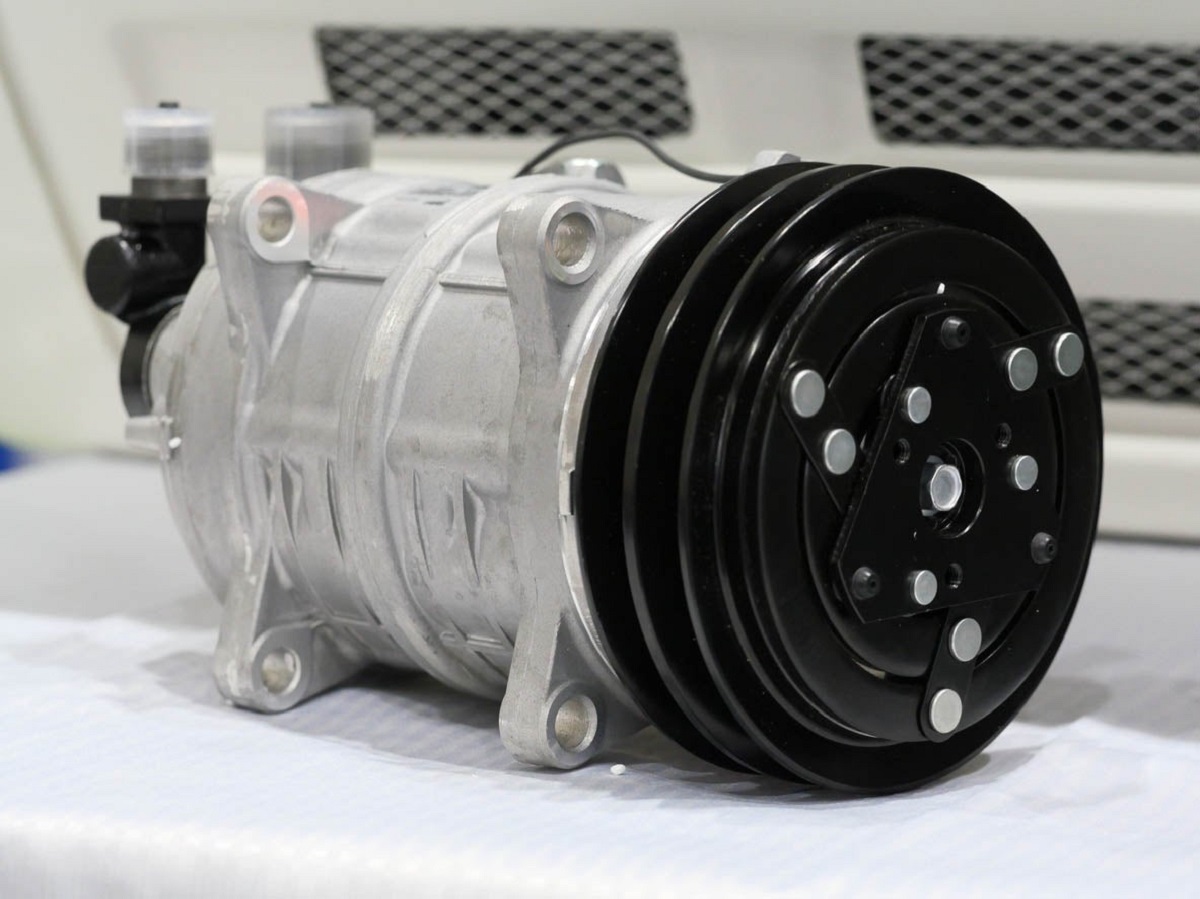
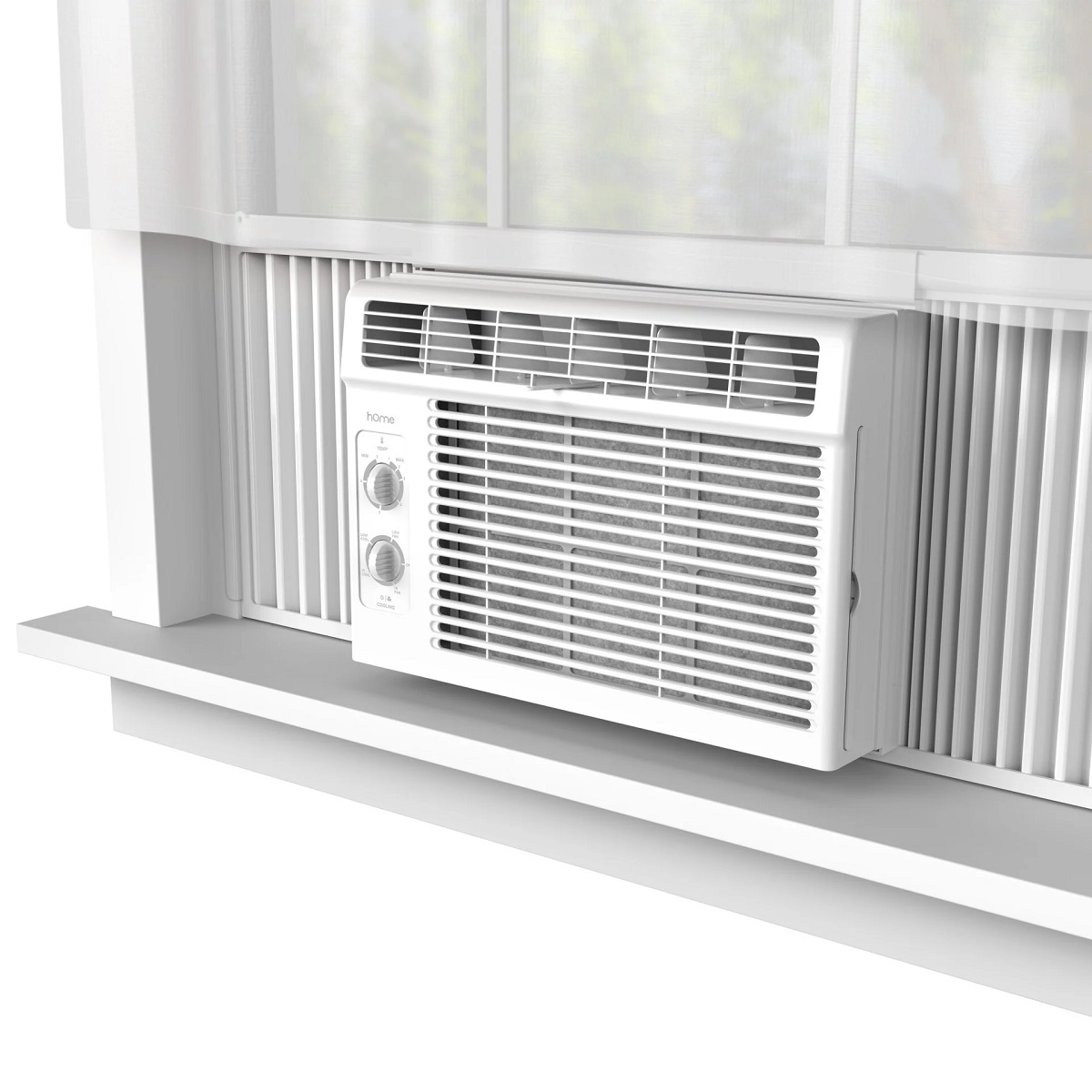
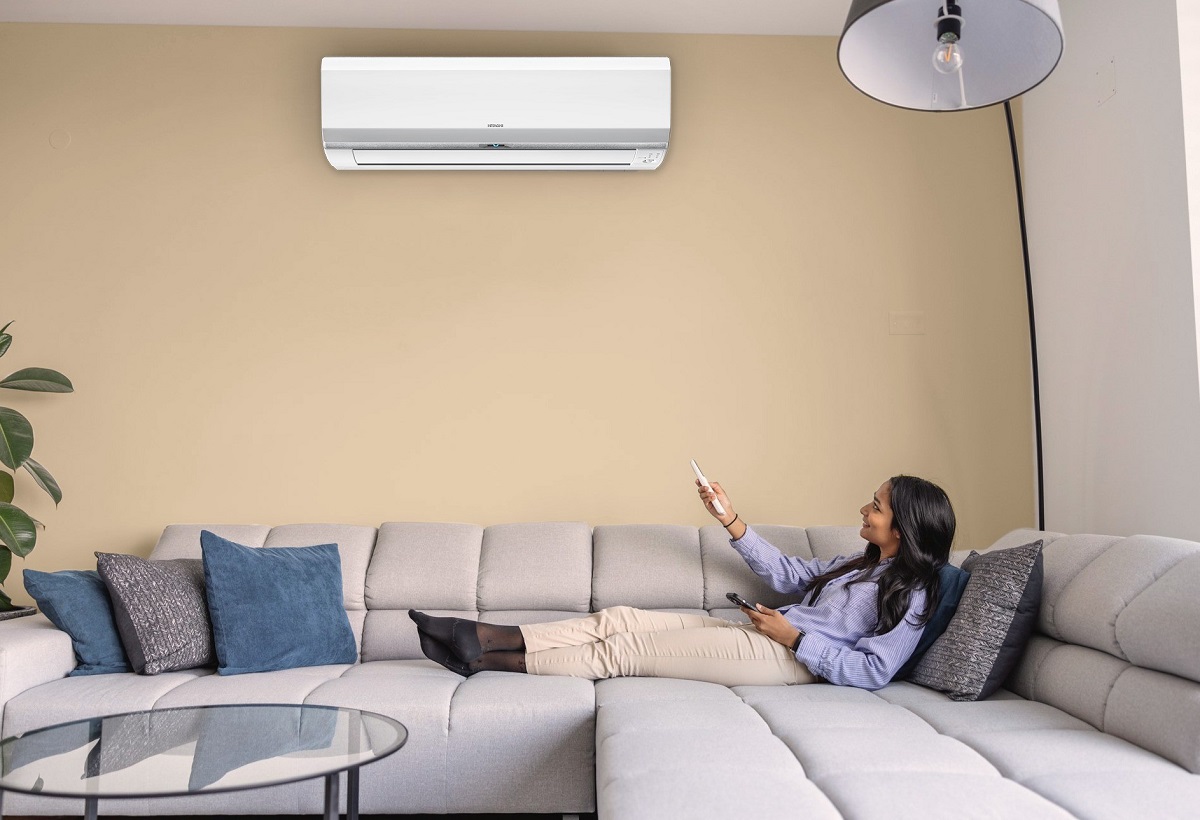
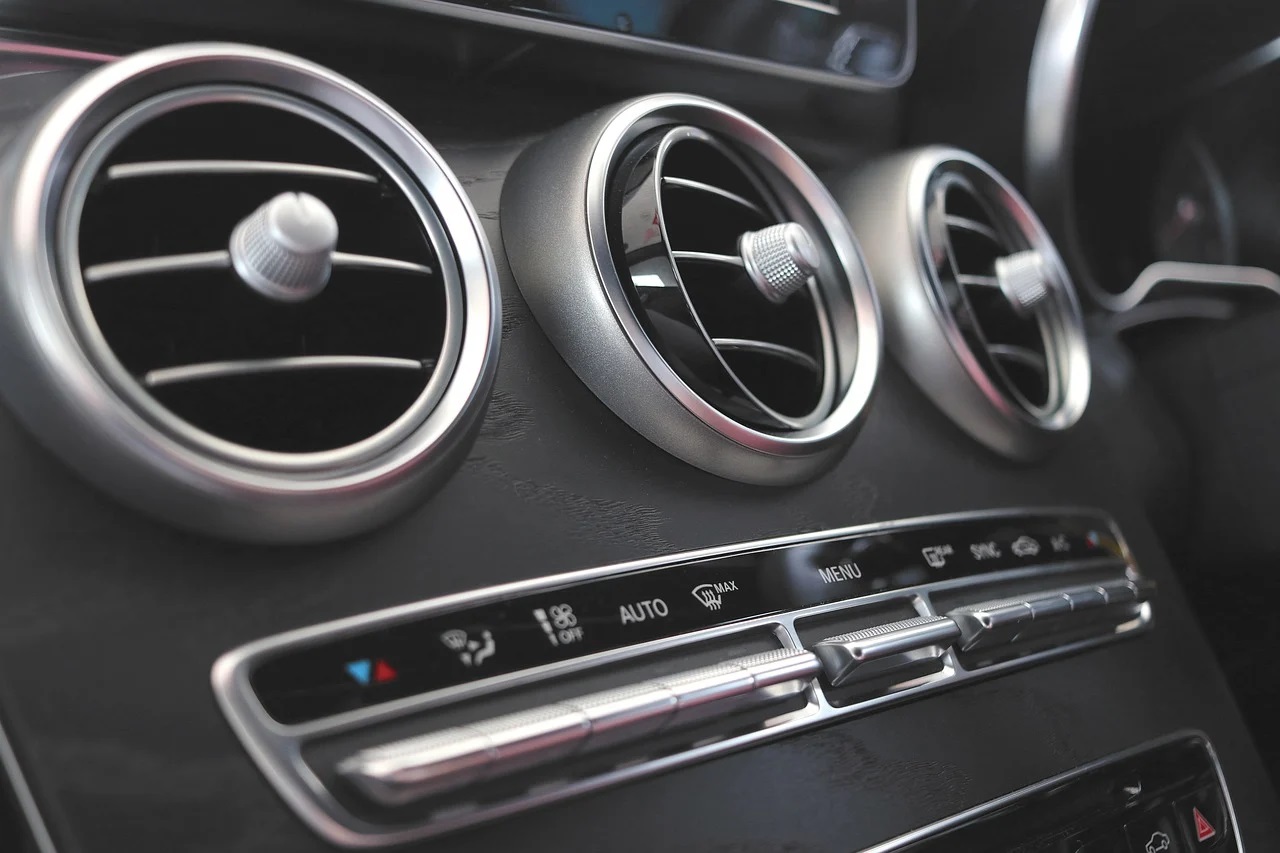
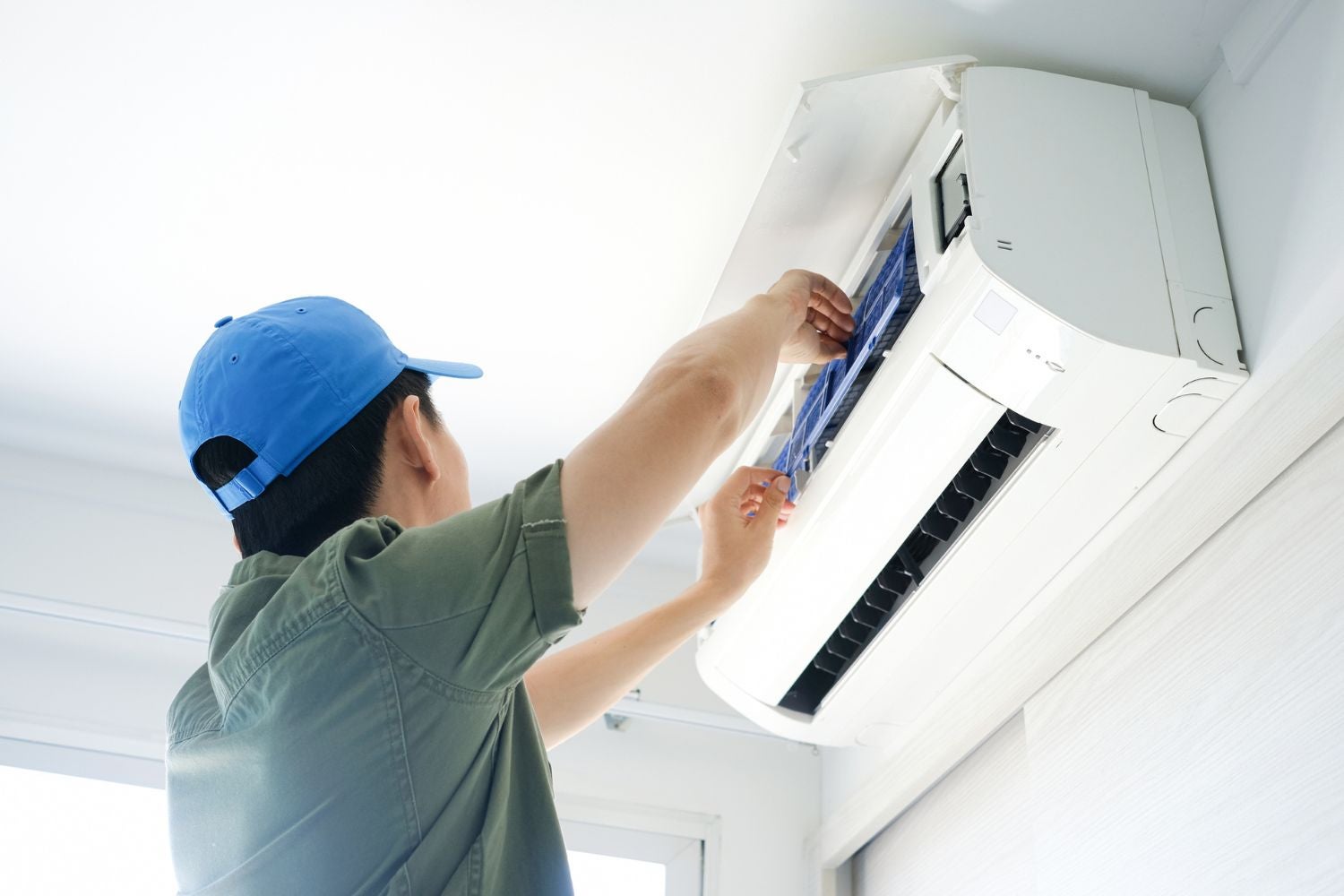

0 thoughts on “How Long Does An AC Unit Last In Florida”